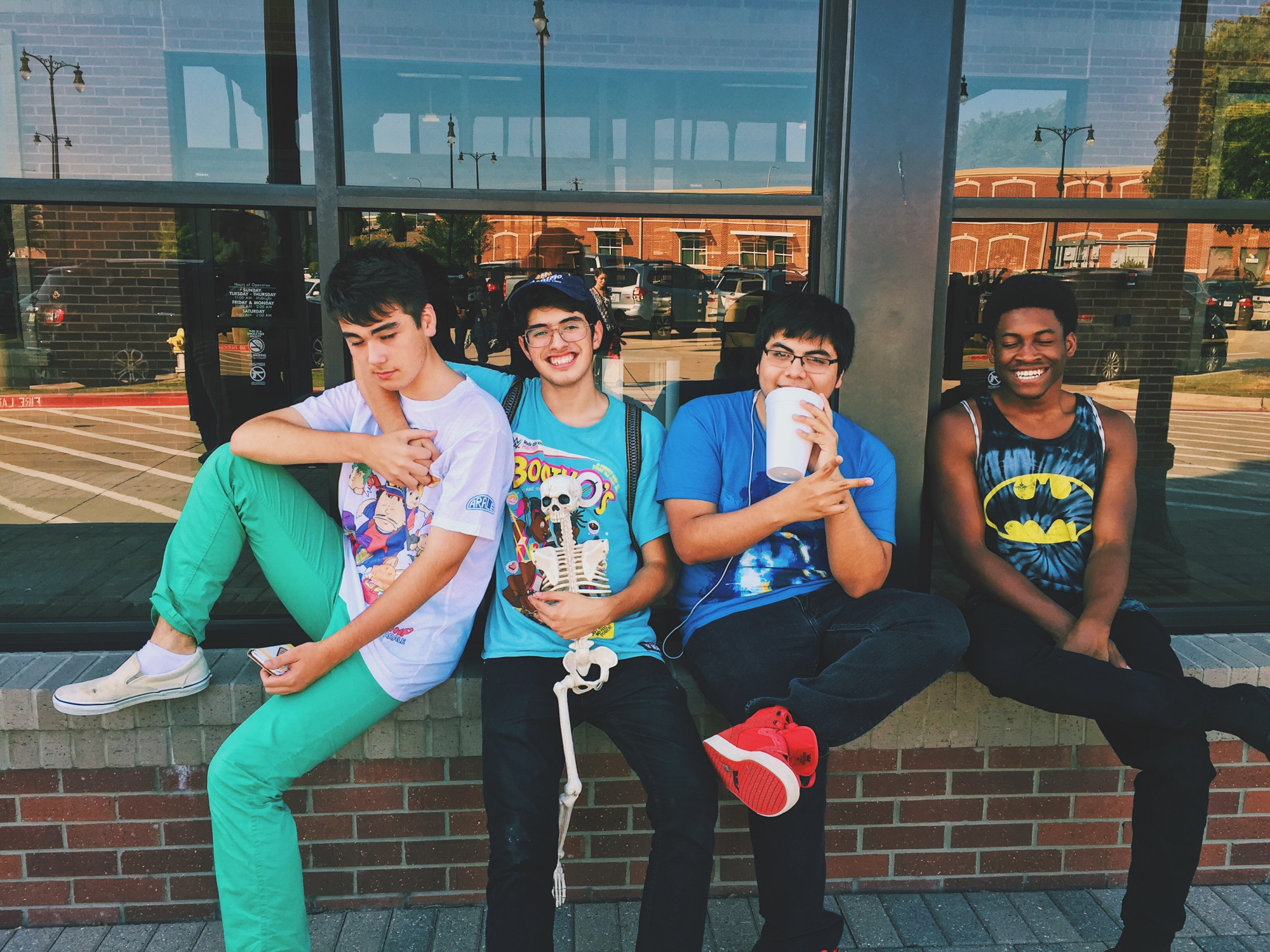The thing with potential
Each of us has had a talented friend who fell by the wayside. What is it about the school system that weeds out kids full of potential?
Germany and Austria are the only countries in the world where children are separated after the fourth grade and placed in different types of schools.
This is not fair.
Dozens of studies show that children from the lower social classes and those with a migration background receive lower grades and are more often sent to secondary modern schools, even if their performance is exactly the same as high performers who are not migrants. The Mainz Institute for Sociology attests in its nationwide 2019 study that teachers ‘make class- and ethnicity-specific recommendations.’ In the upper class, a recommendation for the ‘Hauptschule’ is virtually non-existent. Where academic children easily pass, others get stuck: Habitus, language, cultural and family pitfalls - everywhere they stumble over invisible obstacles.
Anyone who is told at the age of ten that the only option for them is to go to a secondary modern school has only one option to avoid losing their self-esteem: they must convince themselves that school is nonsense and look for other role models. Or he gives up his self-worth and places himself in these types of schools. ‘Such kids deduce how much or how little they think they can do.’ Early selection becomes a self-fulfilling prophecy: if you declare children from socially disadvantaged families to be weak students early on, they won't even develop the self-confidence, skills, and abilities to keep up with children from better-off backgrounds.
An incredible amount of potential is lost in the process.
Private school populations have less than 4 percent of their enrollment represented immigrant students. When it comes to gifted tests, social barriers exclude a large portion of the German population. ‘I ask myself,’ writes journalist Marco Maurer after years of research on education, ‘whether it is not the best, toughest and most capable lawyers, journalists, doctors, entrepreneurs, and scientists who are at the top of society in Germany at all, but those with the best networks? In short, whether the most talented don't make it to the top at all because of the structures of our society.’
Richard Pollak, a young sociology professor from the Science Center Berlin, demonstrates in his study called ‘Hardly Movement, Much Inequality’ that in this country, only about one percent of children from the lower class manage to rise to executive positions.
The X-School opposes this.
We firmly believe in the potential of these children and set out to prove that there is talent hidden here that can add incredible value to society.

